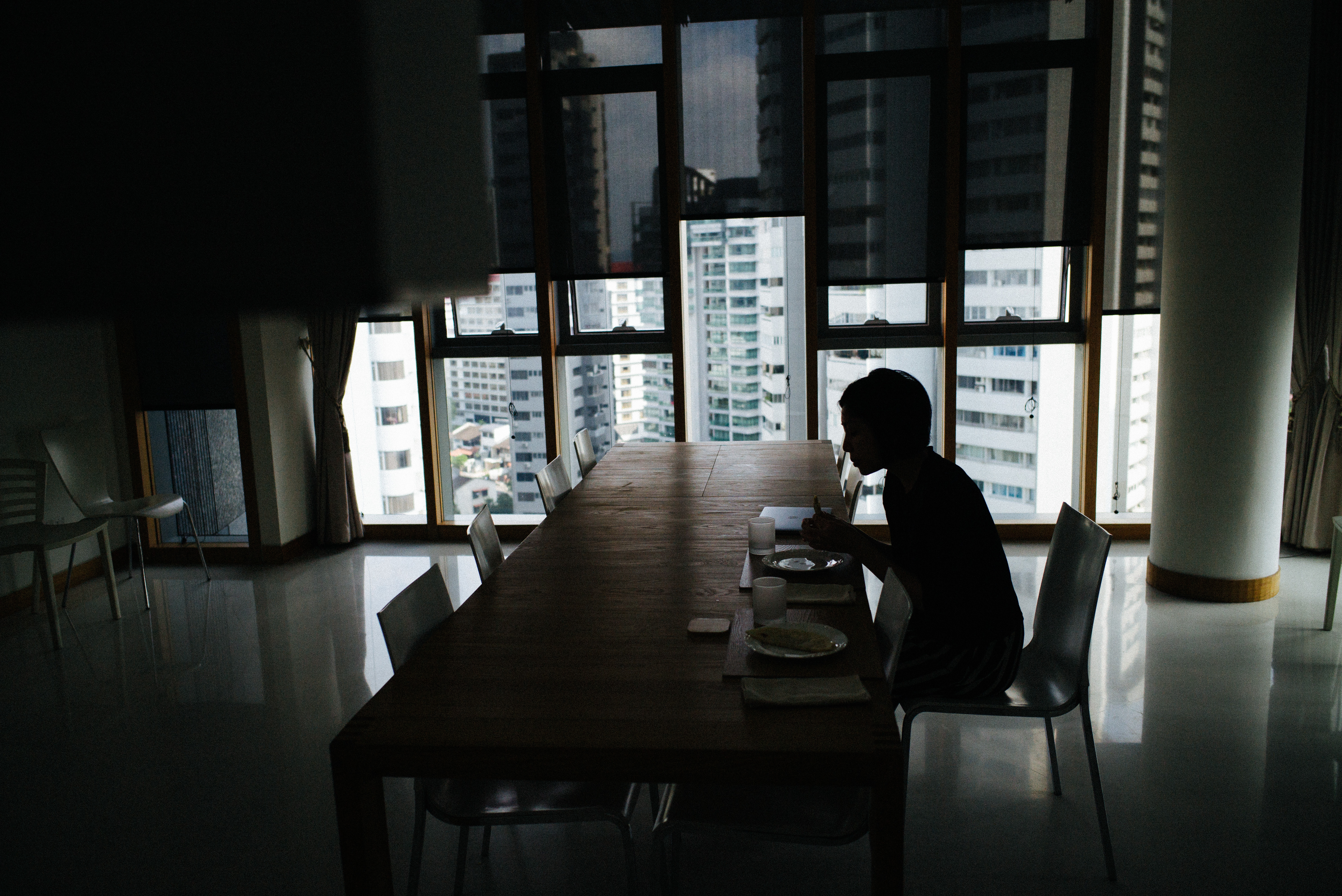I just watched the 2006 Werner Herzog documentary on the origins of the internet (“Lo and Behold: Reveries of the Connected World“) and found this concept of a “log” interesting– specifically the concept of an “internet log” — nowadays we say “vlog” (video log) or “blog” (weB + log). And what are we as photographers in today’s world? PLOGGERS (photo-loggers); we use photographs to log and record our lives.
Download PDF
Web-Log

The word ‘blog’ is hilarious. It means “web-log”.
Initially the blog was a way you could record your life via the internet. Early days of blogging was just sharing on the internet what you did today.

Nowadays social media plays that role. We Instagram our food, we Snapchat our daily activities, etc.
But this is the problem:
All of our web-activity is getting archived by a centralized source (Facebook, which also own Instagram).

Snapchat is a cool platform, but unfortunately — I think it will eventually die out to Facebook (Facebook has a huge war chest of money, and will probably eventually out-copy and out-spend Snapchat).
Anyways, let us think about our phone cameras. We photograph and make a “plog” (photo log) of everything we do. We are ploggers– we photo log the food we eat, we plog the friends we meet (selfies), we plog sunsets and what we do.
Is plogging good?
So this is the tricky philosophical question:
Is it good to “plog” (or photograph everything we do on a daily basis?)
Well– yes, and no.
For example, it is good when I plog a selfie with my mom, if I plan on looking at that photograph in the future (when my mom dies), in order to re-live and re-experience the wonderful experience I had with my mom. But this is dangerous when I become dependent on those pictures, and I don’t know how to “let go”.
When my mom dies I want to be grateful for her life. I don’t want to become enslaved to the past.
Plogging vs making “artistic” photos

In my opinion, there is a different between “plogging” and photographing “art pictures”.
Plogging is documenting everything in your life– with perhaps the purpose of documenting memories, ideas, or information. Using your camera as a paintbrush to make art-photos is different. But of course your camera can be used in either way.
Plogging is already here

Google has something called a ‘clip’, which is a tiny little clip you can clip onto your t-shirt neck, and it automatically takes a photograph (and short video clips) of everything you do. There was a company I collaborated with in the past called “Narrative” which also had a product called the “narrative clip” which did the same.

Now this is what I think:
The good thing about having a device that “plogs” is that you don’t need to use any energy to document your everyday life anymore– and instead, use the camera as an art-creation device.

Yet this is the problem:
We no longer exercise our faculty of memory (and the ancient Greeks believed that intelligence was memory!)

Google Maps: “How can I drive to Starbucks?”

I can attest that using Google Maps has made me dumber. I cannot recall directions anymore. I cannot even recall a 5-minute drive to the local Starbucks without the aid of Google Maps.
Now you can make the claim that it doesn’t really matter. But this is the problem:
What if one day Google Maps (subtly) controls your movement and driving patterns, to have you drive towards businesses which are “sponsored” by Google Maps, and thus it subtly changes your everyday behavior?

This is why I think algorithms are ruining our lives. Not because they are overtly controlling us– but that algorithms are very very subtle and sneakily change how we think and interact with the real world.
Discover the answer for yourself

Once again I’m getting a bit off topic. I just want you to ponder this question:
Why do I take photos, and what role does my camera play in my life?
Also,
Is there any downside to over-documenting my life?
ERIC

